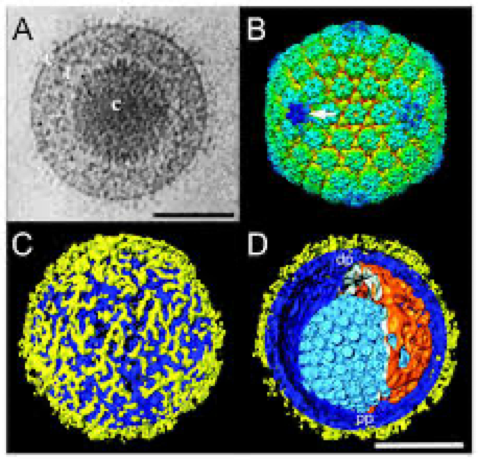Hi friends.
This discovery changes everything we know about cold sores!
Even top doctors couldn't believe that just one cold sore has this deeply disturbing effect on the brain...
And that those painful blisters are, in fact, the alarming signs of another hidden condition...
Find out more here:
>>>What cold sores do to your brain.
A increase brain energy natural product :

Introduction:
Herpes infections are more common than you might think, with millions of people affected by either herpes simplex virus type 1 (HSV-1) or herpes simplex virus type 2 (HSV-2). While the primary concern has always been the uncomfortable skin and mucous membrane outbreaks, a new study has shed light on an unexpected and concerning connection between herpes and the brain. In this article, we'll explore the findings of this study and what herpes can do to your brain.
The Study :

A recent study published in a prominent medical journal has uncovered a surprising relationship between herpes infections and potential neurological consequences. The researchers focused primarily on the herpes simplex virus type 1 (HSV-1), which is responsible for oral herpes, including cold sores. HSV-2, which causes genital herpes, was also considered to a lesser extent.
Impact on Brain Health :



1. Herpes and Cognitive Impairment: The study found that individuals with a history of HSV-1 infections were more likely to exhibit signs of cognitive impairment as they age. Cognitive functions such as memory, attention, and problem-solving appeared to be affected in some cases. While the study doesn't prove causation, it does highlight a strong association between HSV-1 and cognitive decline.
2. Alzheimer's Disease Link : Perhaps the most alarming finding was the potential link between HSV-1 and Alzheimer's disease. The study suggests that the virus could contribute to the development or progression of Alzheimer's. It is thought that the virus may trigger an inflammatory response in the brain, which could be a contributing factor to neurodegenerative diseases.
3. Psychiatric Implications : Herpes infections, particularly HSV-1, were also associated with an increased risk of certain psychiatric disorders. Conditions like depression and anxiety were found to be more prevalent in individuals with a history of herpes infections.
Prevention and Treatment :
Preventing herpes infections and their potential impact on the brain is crucial. While there is no cure for herpes, antiviral medications can help manage and reduce outbreaks. Safe sex practices and good personal hygiene can also decrease the risk of infection.
Furthermore, maintaining a healthy lifestyle, including a balanced diet, regular exercise, and stress management, can help support overall brain health and potentially reduce the risk of cognitive and psychiatric consequences associated with herpes infections.
Conclusion :
The findings of this new study have raised important questions about the potential impact of herpes infections on brain health. While more research is needed to fully understand the mechanisms at play, it underscores the importance of taking herpes infections seriously and seeking appropriate medical care. Additionally, practicing safe sex and maintaining a healthy lifestyle can be key steps in reducing the risk of herpes and its potential impact on the brain. Stay informed and proactive when it comes to your health, and consult with healthcare professionals for guidance on herpes prevention and management.
